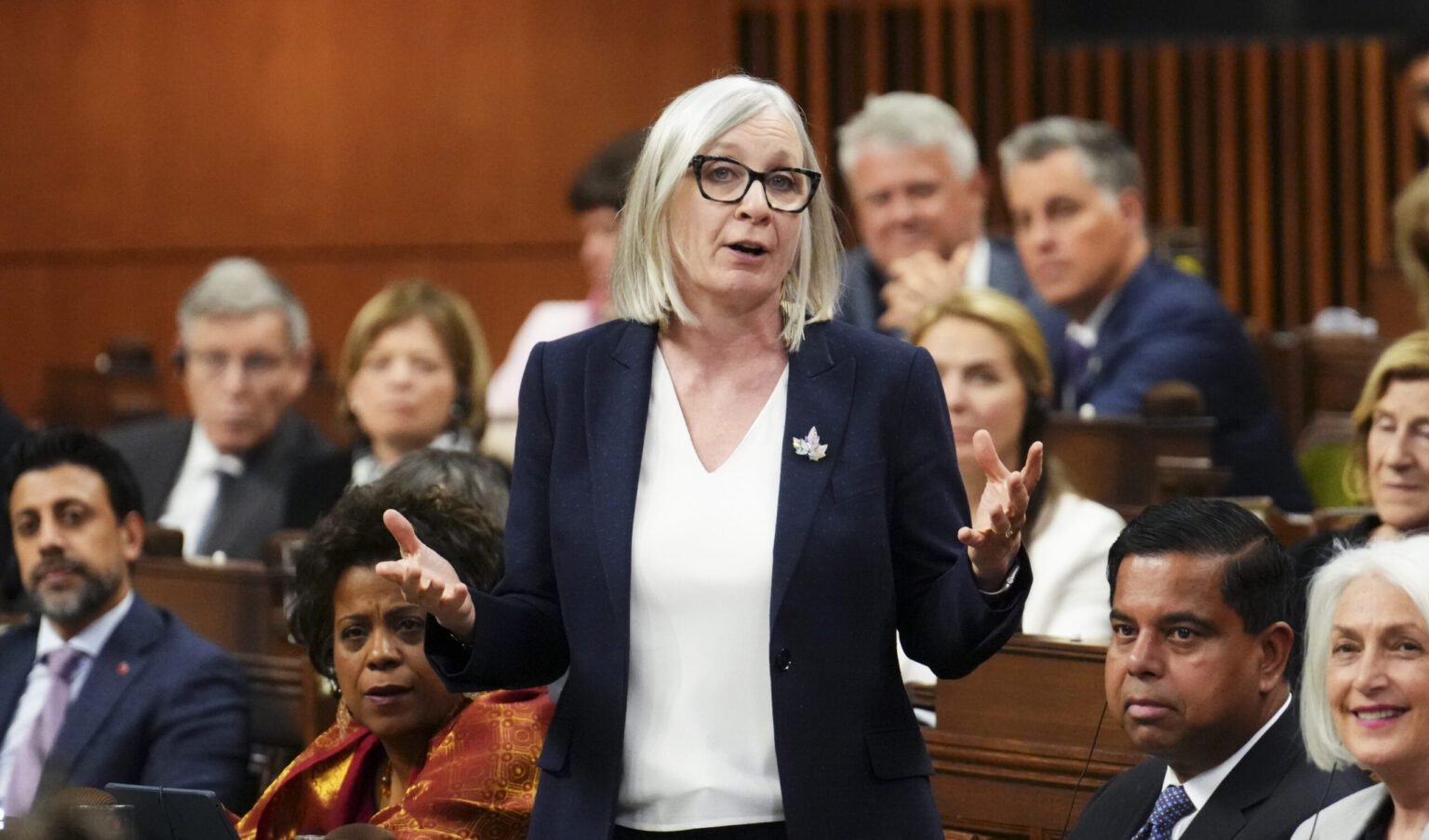Air Canada and CUPE, the union representing flight attendants, have been in negotiations for approximately eight months without achieving a new agreement. Recently, Air Canada submitted a new proposal which the union swiftly rejected. This impasse has led to significant disruptions, culminating in a strike that officially began just before 1 a.m. ET on Saturday.
Following the strike declaration, Air Canada implemented a lockout of its agents 30 minutes later, escalating the situation. Minister of Labour, Patty Hajdu, expressed concern over the immediate repercussions of this labor dispute, indicating that the ongoing strike is causing “significant harm” to both Canadians and the national economy. “Now is not the time to take risks with our economy. A work stoppage would cause thousands of Canadians to be stranded abroad and throughout the country, and this is simply unacceptable,” Hajdu stated.
Hajdu emphasized the potential negative consequences of this situation, recalling labor disruptions from the previous year that had profound impacts on the economy. Among these were major disruptions caused by rail strikes involving CN Rail and CPKC, as well as port strikes in Montreal and Vancouver, which severely affected supply chains.
In anticipation of the ongoing labor dispute, Air Canada proactively canceled over 600 flights in the two days leading up to the strike, illustrating the widespread disruption that can occur. Minister Hajdu warned that it could take several days for services to normalize, underscoring the far-reaching effects of this labor conflict.
The union has been vocal against Hajdu’s intervention in the dispute. Wesley Lesosky, the head of the Air Canada Component of CUPE, criticized the government’s actions, stating, “The Liberals have talked out of both sides of their mouths. They said the best place for this is at the bargaining table. They refused to correct this historic injustice through legislation.” He further accused the government of infringing on the union’s Charter rights, arguing that the intervention benefits Air Canada by enabling them to benefit from unpaid labor from overworked flight attendants while the company continues to enjoy substantial profits and high executive compensation.
In response to the escalation, the minister has instructed the labor board to prolong the existing collective agreement until an arbitrator can establish a new one. The prolonged negotiations and subsequent strike highlight the ongoing tensions between labor rights and economic considerations in Canada’s transportation sector. The situation remains fluid, with Air Canada and CUPE continuing to seek a resolution.
For more information on labor disputes and their impact on the economy, you can refer to the latest updates on Labour Relations in Canada and Air Travel Disruptions.


